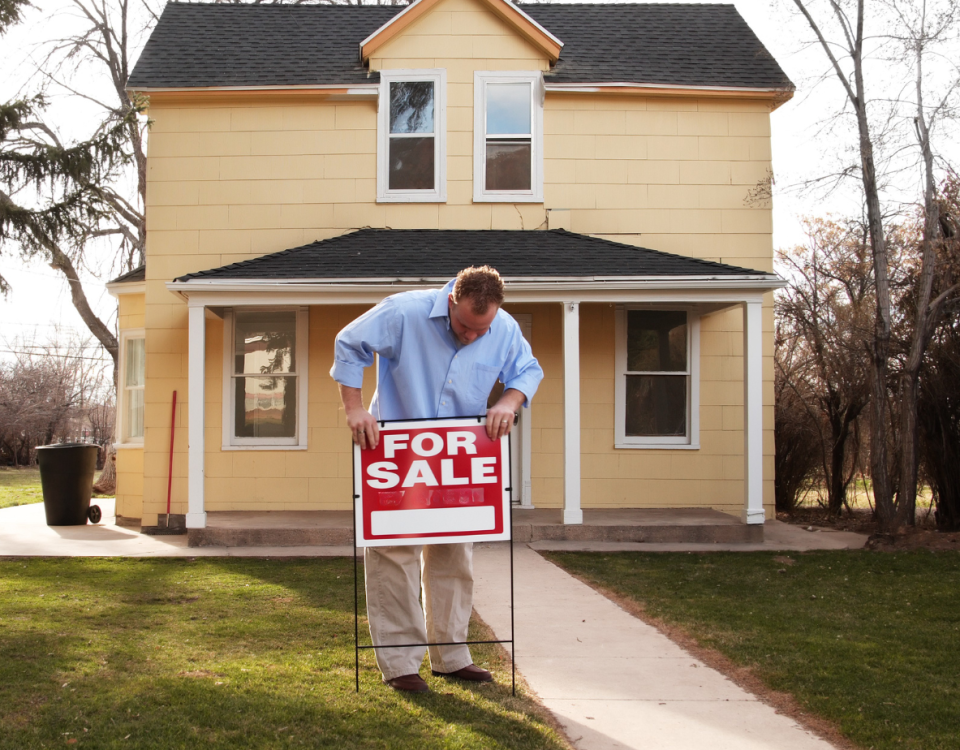Are Zestimates From Zillow Accurate?

How To Buy A House To Rent Out
August 10, 2022
Most Desirable Features In A Rental Property
September 13, 2022Are Zestimates From Zillow Accurate?

Are Zestimates Accurate?
Zillow’s online tool Zestimate has become popular in recent years for its ability to estimate home values based on public records and user-submitted data.
For many, it serves as a fast, simple way to figure out a property’s market value, but Zillow’s website is clear to mention that Zestimates are not appraisals and cannot be used in replacement of one.
Just the same, many people still use Zestimate as a starting place when looking to invest in a property. However, many may not be aware that property owners and real estate brokers can also submit information on a property which will, in turn, affect the generated Zestimate.
So the question is, are Zestimates trustworthy?

Issues With Data
Zillow’s algorithms adjust property values weekly using public and user-submitted data. Zillow reports a 1.9% median error rate for on-market Zestimates and 6.9% for off-market Zestimates. But, of course, Zestimates are only as accurate as the data behind them, so if the number of bedrooms or bathrooms, square footage, or lot size are wrong, the Zestimate will be off.
Mistakes can be fixed, but Zillow warns that altering a property’s data may not affect its Zestimate much.
When determining the accuracy of a home’s value, Zillow suggests looking at estimates with small ranges. The lower the range, the more reliable the Zestimate because Zillow has collected more data on the property in question.
The Possibility of Inaccurate Information
Zillow tends to look at the last sale date and price. This information contributes significantly to their calculations, and inaccurate information can affect the Zestimate. A mistake in one home’s sales price record may even affect the Zestimates of other homes in the neighborhood.
The Zestimate also considers actual property taxes paid, exceptions to tax assessments, and other publicly available property tax data. The tax assessor’s property values can be inaccurate, though. For example, the tax assessor’s database might have a mistake related to a property’s basic information, causing the assessed value to be too high or too low.
Zestimates consider property taxes paid, tax assessment exceptions, and other public records. That said, the estimated property value can still be off if the tax assessor’s database contains errors involving the property’s basic information. In addition, homeowners or brokers who notice discrepancies can report incorrect sales data or tax records to Zillow online.
Note also that Zillow occasionally updates its algorithms to improve accuracy. When this occurs, Zestimates can change considerably even though nothing else has changed about those homes or the real estate market.

Upgrades Are Not Always Considered
A homeowner may have undertaken modifications to raise a home’s value, but Zillow may not be aware of this. If the homeowner did not obtain city or town permits for improvements, the local tax assessor might not be aware of any value upgrades. That information will not have been entered into the public record.
Even so, home modifications aren’t always worth it. Much depends on the type of project and the local housing market. And you shouldn’t assume that adding $50,000 to your home’s Zestimate because of upgrades will change the final calculation. It needs to have been recorded with the tax assessor and given time to become part of the overall data pull.
The Turnover Factor
More home sales in your area mean Zillow obtains more data on a region’s home values. If you live in a hot real estate market like San Francisco, your Zestimate may be more accurate than if you live in a rural area where sales are less frequent.

Using Zestimates Responsibly
As with many websites, people should always be cautious about online information. At the same time, Zillow isn’t trying to disguise the flaws in its Zestimates. They openly invite homeowners to compare their numbers to other sources and use Zestimates as a general guideline. In no way should it be regarded as an appraisal. The best approaches to determine a home’s worth are through a professional appraisal of the property and a comparative market analysis from a nearby real estate agent.
Even these approaches can have flaws. Appraisers are only human, and their judgments may occasionally become biased if there haven’t been any recent comparable home sales in the area.
In the End
It is impossible to determine a home’s value ideally. Instead, one can only use the tools at their disposal when determining a home’s value for purchase, sale, or when seeking a loan.
Zestimates are accurate to a point, but their estimates are only as reliable as the data Zillow can collect. Therefore, you should always consult an experienced real estate broker before making final decisions. An experienced real estate broker can guide you through the entire process of evaluating, buying, and selling a home. Contact one now!




